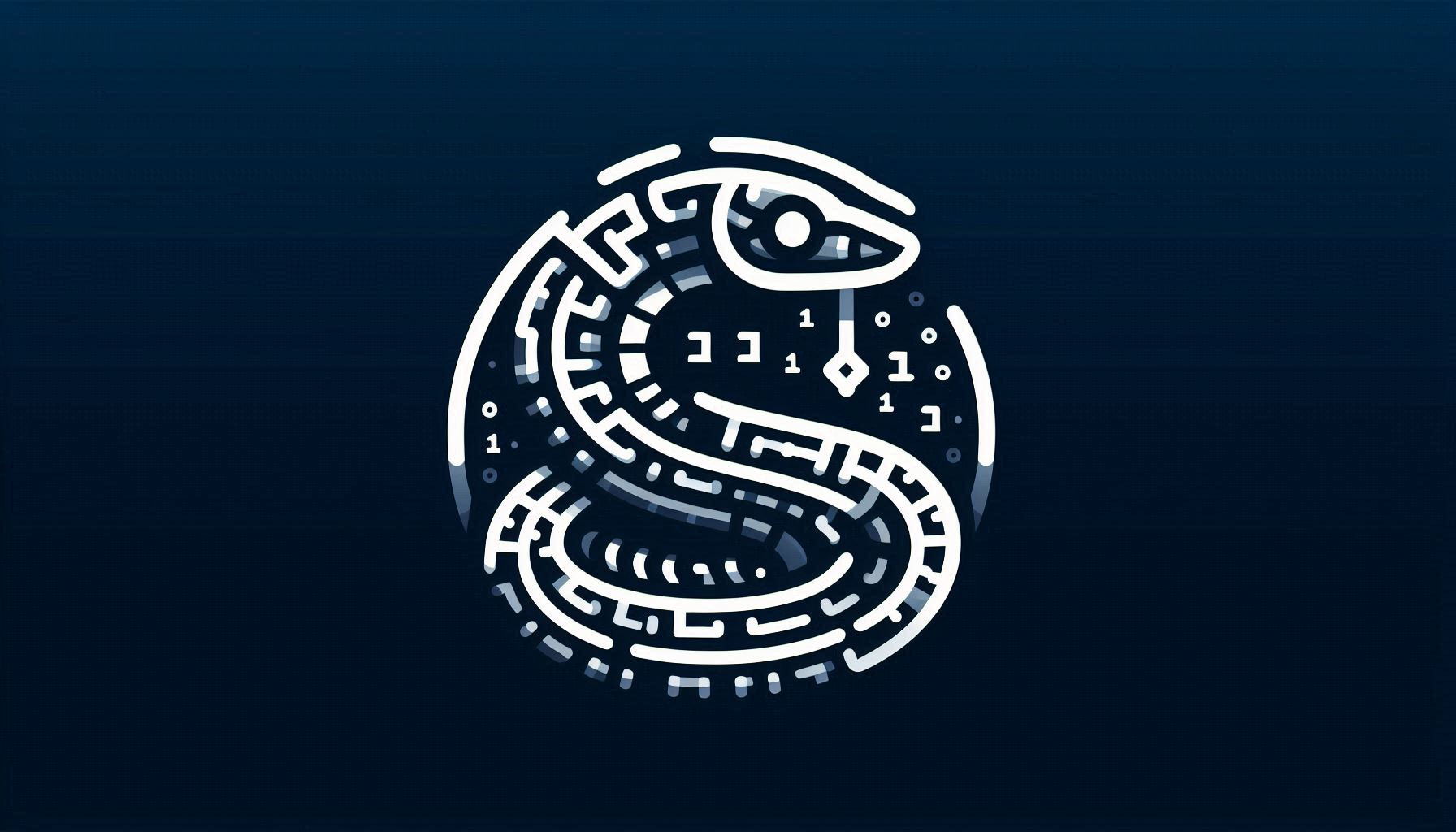Django: Empowering Web Development with Python

Introduction to Django
Django, a high-level Python web framework, was created with the goal of enabling developers to build web applications quickly and efficiently. Developed by Adrian Holovaty and Simon Willison, Django emphasizes rapid development, clean design, and the principle of 'don't repeat yourself' (DRY).
Key Features and Philosophy
Django's design philosophy revolves around reusability, pluggability, and the principle of convention over configuration. It provides a robust set of built-in features, including an ORM (Object-Relational Mapping) for database interactions, a powerful admin interface, URL routing, form handling, and template engine.
Building Scalable Web Applications
Django's scalability is demonstrated through its ability to handle projects of various sizes and complexities. Its 'batteries-included' approach means it comes with many libraries and tools out of the box, reducing the need for third-party components and simplifying development.
Security and Authentication
Security is a top priority in Django. It includes built-in protection against many security threats such as SQL injection, cross-site scripting (XSS), and cross-site request forgery (CSRF). Additionally, Django provides robust authentication mechanisms, including user authentication and authorization.
Community and Ecosystem
Django benefits from a vibrant community of developers who contribute to its growth and improvement. The Django Software Foundation (DSF) oversees the framework's development and maintenance, ensuring high standards of quality and security. The community-driven nature of Django results in extensive documentation, third-party packages, and a supportive network of users.
Integration with Python Ecosystem
Being based on Python, Django seamlessly integrates with Python's ecosystem. Developers can leverage Python's libraries and tools for tasks such as data analysis, machine learning, and scientific computing, while Django handles the web application layer.
Conclusion
In conclusion, Django stands as a powerful framework for building web applications with Python. Its emphasis on rapid development, scalability, security, and integration with the Python ecosystem makes it a preferred choice for developers worldwide. Whether you're developing a content management system, an e-commerce platform, or a social networking site, Django provides the tools and structure necessary to create robust and maintainable web applications.